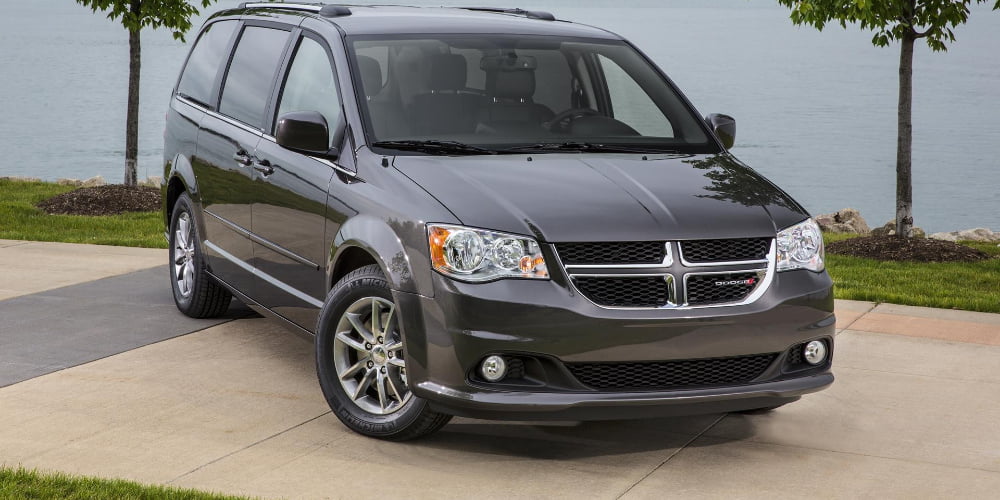Getting a check engine light 2015 Dodge Grand Caravan on can be quite frustrating. Fortunately, there are a few things you can do to troubleshoot it and fix the problem.
Check Engine Light 2015 Dodge Grand Caravan: Vacuum System
Having a check engine light 2015 Dodge Grand Caravan can be a sign of a serious problem. Getting your vehicle checked by a certified mechanic as soon as possible can prevent major damage to your vehicle.
The check engine light 2015 Dodge Grand Caravan can be caused by a loose fuel cap or a damaged gasket. It is also possible that the light may be caused by an electronic trouble code. This can be read with an electronic scan tool.
The most obvious cause of a check engine light 2015 Dodge Grand Caravan is a loose gas cap. This will allow pressure to escape, which will cause the light to illuminate. The cap should not be placed on the fuel pump. It should also not be placed on the roof of the vehicle.
Another cause of a check engine light 2015 Dodge Grand Caravan is if there is an issue with the ignition coil. This can lead to misfiring and poor performance. The spark plugs are also a common culprit.
The mass airflow sensor, or MAF, is a device that measures the amount of air entering the engine. It is designed to adjust to changes in altitude and fuel requirements. It also helps maintain a smooth idle. If it is not working properly, your engine may struggle to maintain a steady RPM at idle.

Check Engine Light 2015 Dodge Grand Caravan: Spark Plugs and Plug Wires
Changing spark plugs and plug wires for your 2015 Dodge Grand Caravan is a great preventive maintenance measure. The plugs are very important as they are the source of the spark that ignites the air/fuel mixture in the combustion chambers. It is important to replace them at the recommended intervals to ensure that your vehicle runs smoothly and safely.
If you are experiencing poor gas mileage or have a hard time starting your vehicle, you may need to replace your spark plugs. The types of plugs that you may need vary depending on the type of engine in your vehicle. Choosing the right plugs for your vehicle will ensure that you get the best possible performance from your vehicle.
If you suspect that your spark plugs or plug wires are bad, then it’s important to have them checked by a professional. An expert can diagnose the problem quickly and easily.
In addition to bad spark plugs, you may also need to replace your ignition coil. A damaged ignition coil can cause your engine to misfire or damage other components.

Check Engine Light 2015 Dodge Grand Caravan: Upstream O2 Sensor
Using an O2 sensor for your 2015 Dodge Grand Caravan can help keep your engine running properly. Oxygen sensors measure the oxygen content of exhaust gases and report their data to the engine computer. If the sensor fails, you may experience a variety of problems, including high fuel consumption and poor acceleration. This is one of the common reasons why your check engine light 2015 Dodge Grand Caravan is on.
Oxygen sensors are used to monitor the air-to-fuel ratio in the combustion chambers, which is important for maximum fuel efficiency. If the air-to-fuel ratio is not balanced properly, your engine will run less efficiently and will produce high emissions.
If your 2015 Dodge Grand Caravan is experiencing high fuel consumption, the problem may be caused by a defective upstream oxygen sensor. This is the sensor located closest to the engine, and it helps keep the air-to-fuel ratio in the engine’s combustion chambers correct.
O2 sensors can fail for several reasons, including bad electrical connections, poor gasketing, and contamination. If you suspect that your upstream O2 sensor is defective, it is important to visit a mechanic to diagnose the problem.
Check Engine Light 2015 Dodge Grand Caravan: Damaged Catalytic Converter
Having a damaged catalytic converter on your 2015 Dodge Grand Caravan can lead to poor performance and fuel economy. It is important to get the catalytic converter repaired as soon as possible.
The catalytic converter converts harmful exhaust gases into less harmful byproducts. A damaged catalytic converter cannot filter exhaust gases and can cause air pollution. It also prevents the engine from receiving the necessary oxygen amount. This causes the engine to work harder, consume more fuel, and decrease fuel economy.
When your catalytic converter is damaged, you will notice a rattling noise from the interior of the vehicle. The honeycomb mesh structure inside the catalytic converter will also be weakened.
When you experience a rattling noise from your catalytic converter, you should take your vehicle in for a professional inspection. Your car may also fail an emissions test. If this is the case, you may find catalytic converter-related trouble codes in your engine computer.
You may have a clogged catalytic converter if you notice slow acceleration, degraded engine performance, and a unique exhaust gas odor. Clogged catalytic converters can also lead to a reduction in fuel economy.
